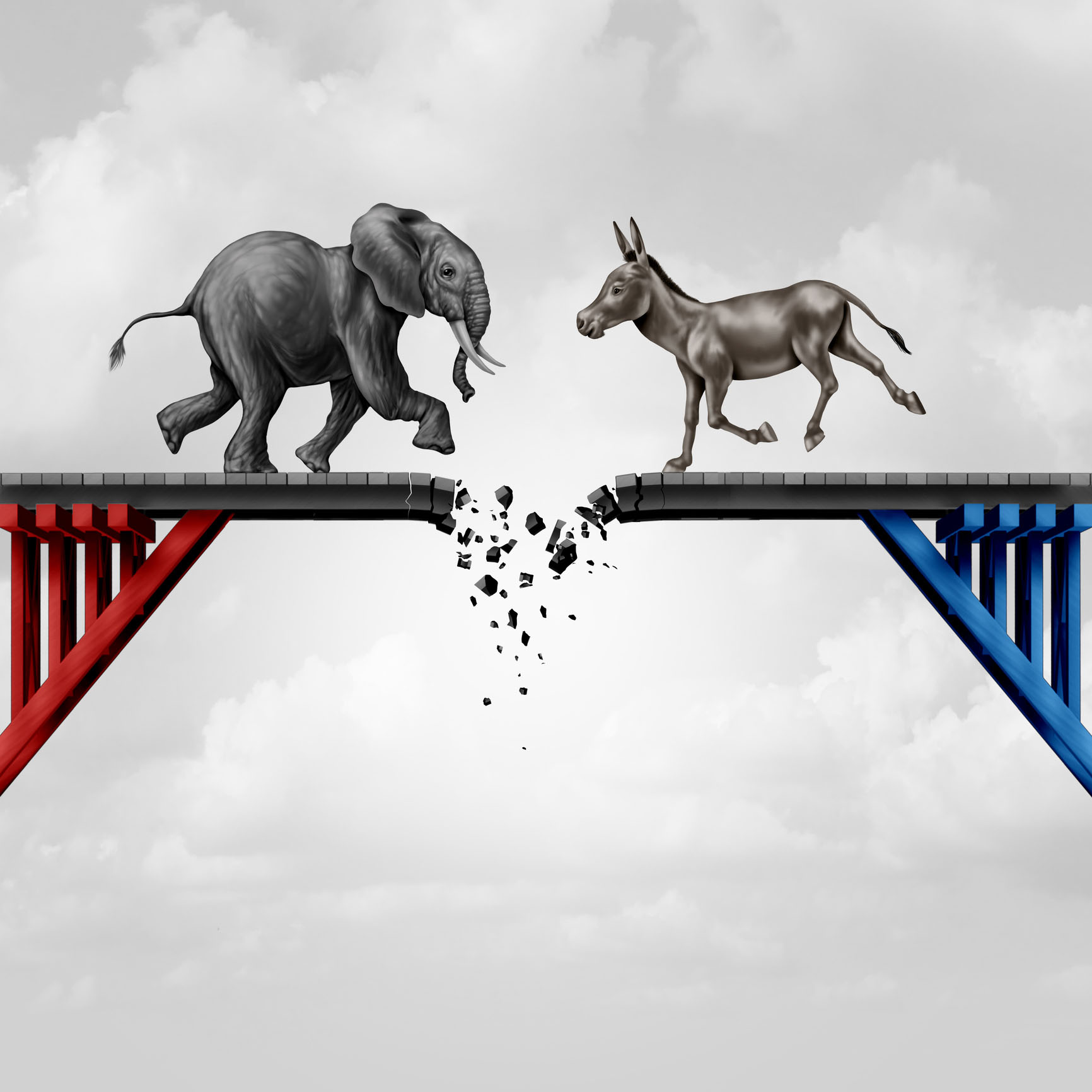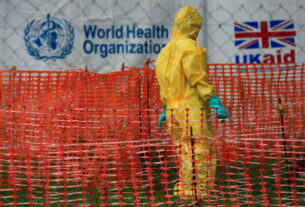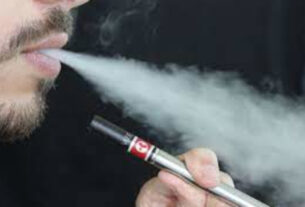As the clock winds down to Tuesday night when we will presumably learn who will be our next president, it’s worth taking a moment to reflect on a political truth that is relevant regardless of who wins.
And few things are more relevant these days than the long-term erosion of the political center in America. This erosion has become so accepted that it hardly comes up in conversation. And yet, nurturing a strong center is essential to the future health of our nation.
“In a political system that demands compromise and accommodation to bring about change, the center is considered vital to the moderate, bipartisan public policymaking generally preferred by the American public,” Brookings Fellow Sarah Binder writes. “Absent a political center, increased partisanship and ideological polarization are inevitable and sure to feed public distrust of and distaste for politicians and the political process.”
She wrote that in 1996.
In an essay in The Week titled, “America’s Political Center Has Completely Vanished,” columnist Joe Gandelman wrote: “The political center is dead in America. And if it isn’t dead, it’s at least on life support.”
“Conservatives are not alone in veering toward the fringes and refusing to compromise,” he added. “In the Democratic Party, the resurgent liberal wing reasserted itself recently when a coalition of women’s groups, progressive populists, and affluent liberal donors helped sandbag the nomination of Larry Summers to head of the Federal Reserve. There would be no compromise.”
He wrote that in 2015.
In an academic essay on “The Forgotten Center,” political scientist Kelly Harrison wrote: “Studies show that political parties have in fact become more divided ideologically than ever, and more Americans that belong to one political party view the opposing party with disdain.”
She wrote that in 2020.
You get the picture. Regardless of which party wins the White House, the underlying crisis in America is the erosion of what our democracy needs more than anything: A healthy political center that works to solve problems for the common good.
What’s interesting is that while the political center has never felt more absent, a majority of Americans would like that to change. As noted by Steve Israel in The Hill in 2022, “According to a New York Times/Sienna poll, 58 percent of voters on the left, right and in between agree that our political system is broken and needs structural change.”
But here again, there’s a catch.
“The problem is that while a majority agree on the diagnosis,” Israel writes, “they are irreconcilably divided on the causes and cures. It’s like being on the Titanic, agreeing that the iceberg is dead ahead, and battling over what explains the iceberg or in which direction to steer to avoid it.”
So we’re back where we started. Centrism sounds great, but only if I get my way and only if my candidate wins the White House.
It turns out the White House itself is actually part of the problem.
In an insightful essay in The Dispatch titled, “The Most Dangerous Job in the World,” Kevin Williamson puts his finger on something many of us have overlooked: The alarming rise in the power of the presidency.
“If the presidency has, in fact, grown so powerful that one election going the wrong way could mean the end of the country, then the presidency is a political weapon of mass destruction, an office too dangerous for anyone to hold,” he writes.
He puts much of the blame on a Congressional mind-set worried more about fundraising and reelection than about legislation.
“Over time, members of Congress began to voluntarily cede their powers to the executive branch,” he writes. “That was a development at odds with the framers’ expectation that each organ of government would jealously guard its own powers.”
As a result, we’ve seen a slow transformation of the U.S. government “from a government of laws made by lawmakers in the legislature into a government that principally does its business via regulation and executive orders originating in the executive branch under the command of the president.” (his emphasis)
No wonder the presidential race has been so rancorous and each side has gone nuts to get their candidate elected: Everyone realizes that presidents have enormous power. This has brought out the worst in us. Sure, half of the voters will be happy every four years, but as far as the country is concerned, this power imbalance feeds civil strife, corrodes trust and accelerates our decline.
We must aim higher.
Congress is where the center is built, and Congress is where the center can grow. It’s time our elected representatives step up and do the hard work this will require, which is what the Constitution obligates them to do.
Regaining a center that will heal our country and secure our future, in other words, starts in the one place that has abandoned it— and that has little to do with who’s in the White House.




